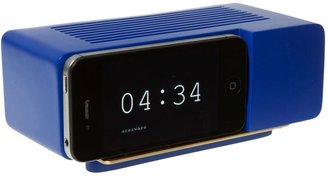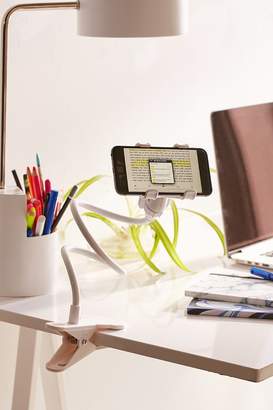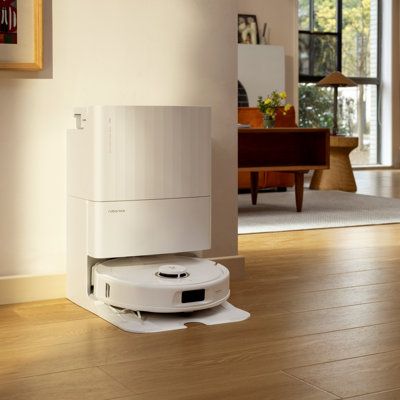We all work far more hours than we should and the constant digital connection to work makes us feel like we can’t ever really get away. The point of a weekend is to relax and take the time to give your mind the rest it needs to get back out there and work hard – so why is it that so many of us are spending our nights and weekends working? And should there be a time when “work” ends and “life” begins?
Pre-digital, work hours ended when we left the office. Now that we are connected all the time, it’s made detaching from work an almost-impossible task. We take our work everywhere with us and, as a result, never separate our work life and our life-life. Yes, we all want to fast track success and happiness, so it’s only natural to think that the harder (and more) we work, the faster we will achieve desired success. Right? Well, maybe.
When it comes to being happy and achieving success, we recently learned that those who rigidly separate their personal and work lives are significantly happier about their well-being than those who tend to blur the lines between the two. Most importantly, these individuals were more successful in their careers. You read that right—according to Google, a simple division of work and play is the key to career success, and it leads to a happier you. Knowing this, why is that we are keeping ourselves from being happy? Google’s People Analytics team wanted to understand this better. They looked to past research from Christena Nippert-Eng which suggests that people tend to use one of two strategies to manage work and non-work roles: They are either:
1. Segmentors are employees who create rigid boundaries between their personal and work lives. They reported that: “In my life, there is a clear boundary between my career and my non-work roles.”
2. Integrators are employees who blur the lines been work and home, switching back and forth between the two. This group often agreed that: “It is often difficult to tell where my work life ends and my non-work life begins.”
Using this framework, Google’s People Analytics team asked Googlers (Google employees) to tell them the type of work-life arrangement they preferred and what their actual work-life experience was in the present. What they found was fascinating. The study found that, regardless of preference, “Segmentors” were significantly happier with their well-being than “Integrators,” because there was a clear boundary between career and non-work roles. This sentiment is supported by a study by Accenture revealing that work-life balance — ahead of money and recognition — is the key determining factor for more than half of men and women on whether or not they have a successful career. So if you are ready to speed up your internal smile-o-meter, the key is separating your work life from your life-life. And we’re not referring to just the digital paperwork. We mean leave the meetings and the deadlines at the office, and enjoy your personal life. It’s time to stop working on the weekend and take a trip to happy town. Ready?
Ahead, we list our tips to help you create a clear boundary between your career and your personal life.
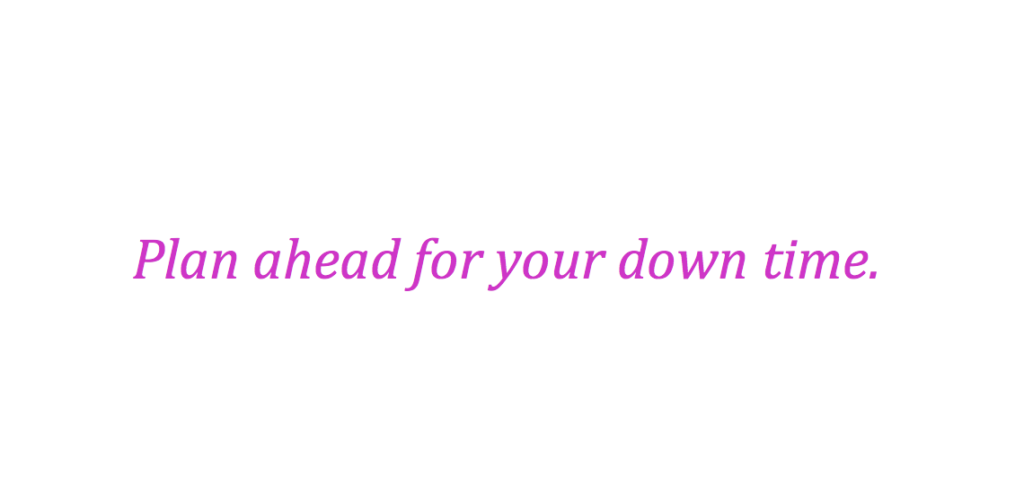
($16)
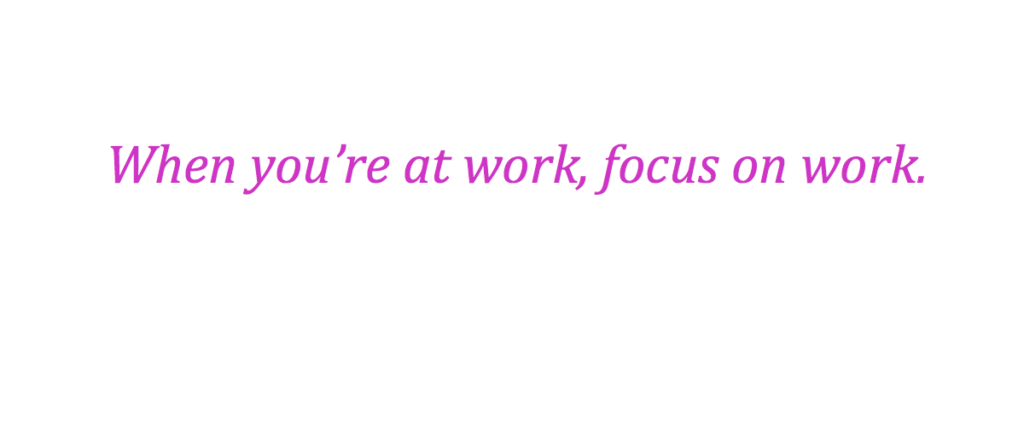
($38)
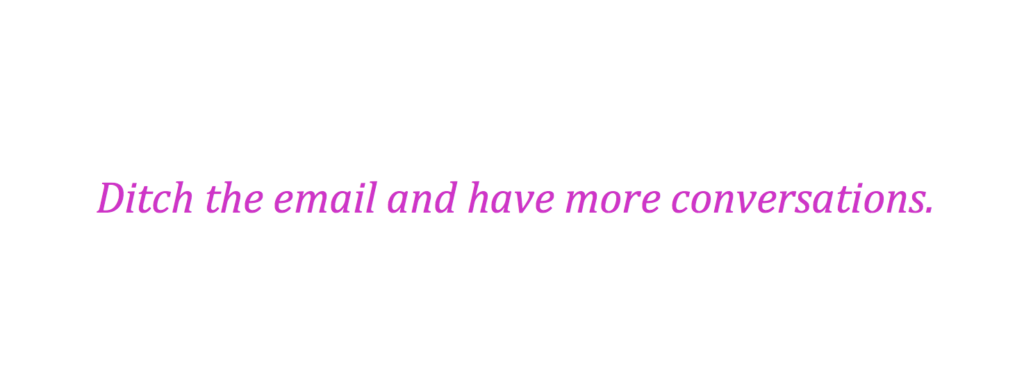
($28)
Ready to take control of your financial future? Sign up to get your free financial plan now.
EXPLORE MORE:
Related Stories
Trending Stories
Thanks
for joining!
Thanks
for joining!
We send good emails.
Subscribe Now.

